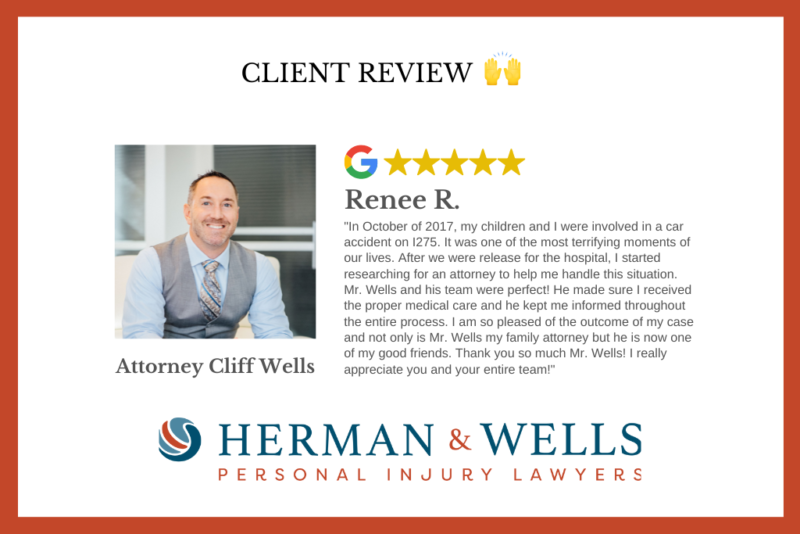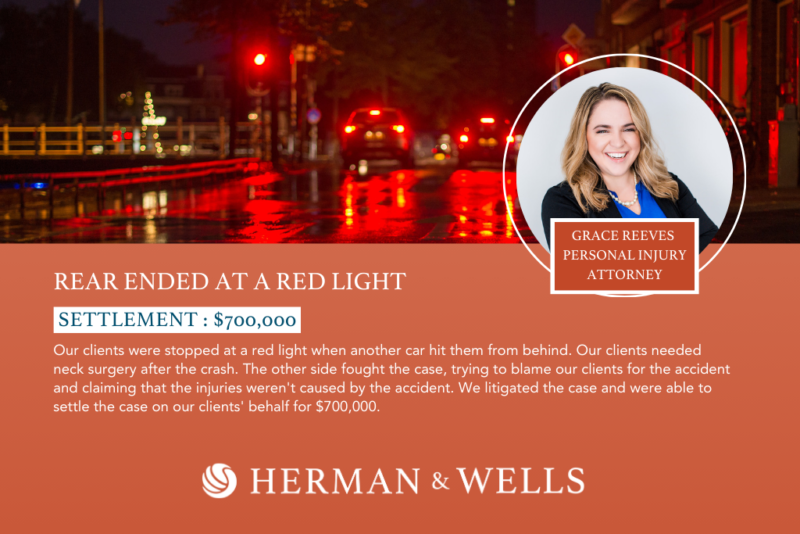Talk to an Attorney
The Florida Bar prohibits any attorney from saying they are “the best personal injury attorney.” And the best attorney for one case or person may not be the best for someone else. In general, here are several tips to help you choose the best attorney for you.

Demand a Board Certified personal injury attorney to represent you for your personal injury claim. You wouldn’t hire a surgeon who is not board-certified, so why would you get a personal injury lawyer that is not? Remember, marketing and advertising does not help a lawyer negotiate with insurance. However, when an adjuster or a defense attorney sees “board certified” it means more. It means that the attorney has tried many cases, sat through a rigorous testing by experts in the field, and is certified by the Florida Bar. Many who apply and have tried the requisite cases fail the testing; be sure to find an attorney who passes both elements.
Do not accept any explanations like, “I could be board certified if I wanted to.” Before signing anything, ask the attorney for a list of their 5 most recent trials (not settlements)—Ask for the case name, date, and verdict. If they won’t tell you, it probably means they have not tried that many cases or they are afraid you will find they lost them all. If the attorney tells you they use another lawyer for their trials, shake their hand and politely excuse yourself. You need to find the lawyer who will handle the case from initial meeting to trial if need be. Be careful of liars; due to the prestige, some may say they are board certified when they are not. Here is the list of Board Certified Civil Trial Lawyers in the State of Florida. These are the only lawyers who can put “B.C.S.” behind their names.
Board Certified Attorney Clifford Wells, B.C.S. has been suing insurance companies for the injured for 16 years. He has received an AV rating by Martindale Hubble, and is consistently ranked among the top in the state by focusing on each client.

The biggest firm is not necessarily the best. Advertising does not help an office negotiate with adjusters or defense attorneys. Actually, it is probably the opposite. Many insurers and defense attorneys we have spoken with automatically discount all cases run through the largest firms in the state. For many large firm business models to work, they must have high volume and high turnover. Over the years, we have signed clients who have fired the largest firms in the state, then we obtained great settlements for those clients. Many large firms employ 10 to 12 paralegals for each attorney, which allows each lawyer to handle 350 or more cases per lawyer at a time. In our opinion, there is no way a paralegal can adequately represent you, and an attorney cannot personally oversee that many cases. Prior clients of these firms have complained to us that they never actually got to meet with their attorney.

On the opposite spectrum, you also may not want to go with a small solo practitioner, a one attorney firm. Solo practitioners have their own hurdles. There are only so many hours in a day, and solo attorneys have a tremendous problem going to a week or two-week long trial, which requires that they forgo the rest of their cases while they are gone. Also, trials and expenses running cases can cause a large financial burden on a solo practitioner.
At Herman & Wells, we have three attorneys, and staff who are hand-picked. We handle complex and simple cases, and if there is an emergency while one or two of us are at trial, another attorney can handle it. On the other hand, we do not have a mill. We know each of our clients by name. If you have been hurt and someone else is at fault, please feel free to call (727) 821-3195 for a free consultation to find out what your case is worth, or contact us online.